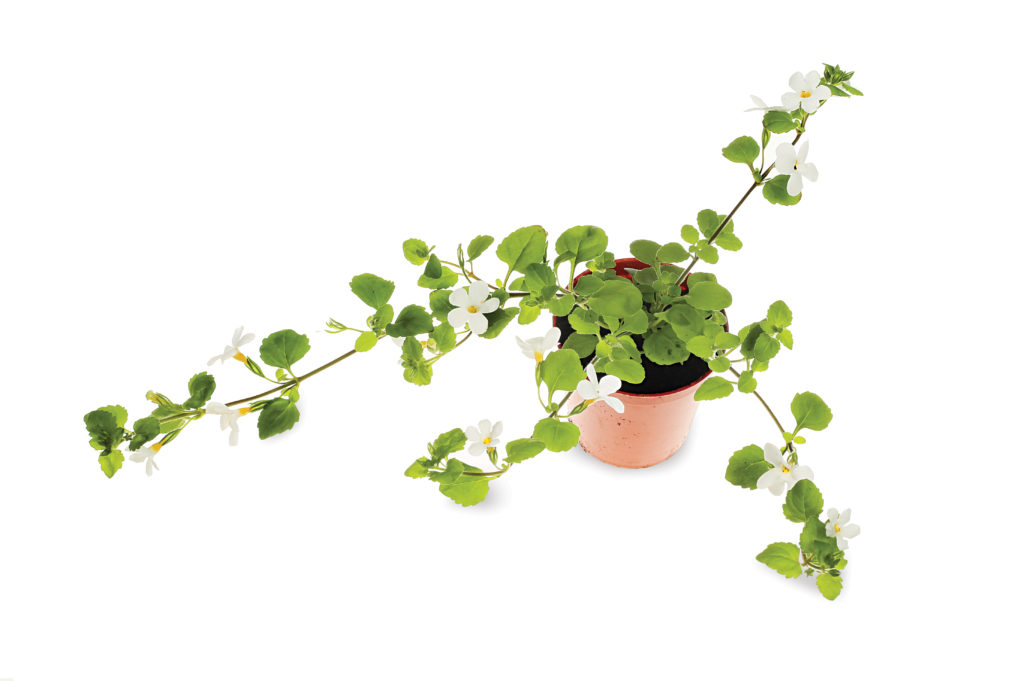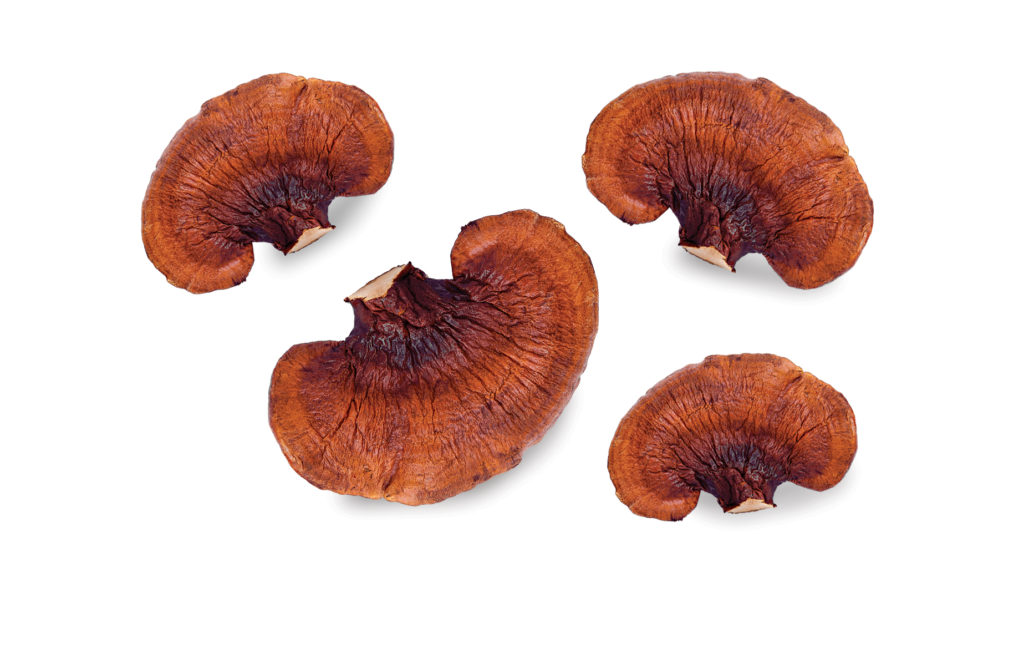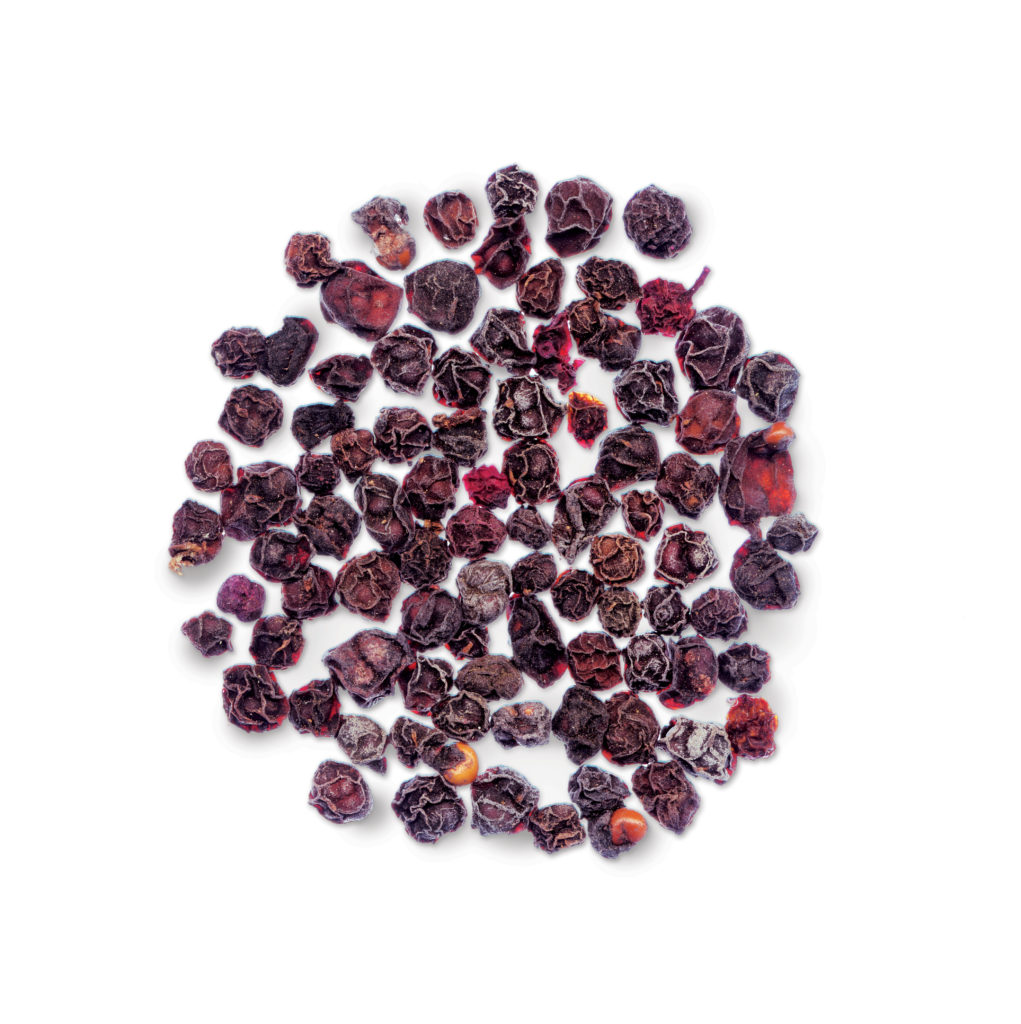Just when you get a handle on superfoods—from nutrient-dense dark, leafy greens to turmeric, thought to reduce inflammation—another batch of earthy substances find their way into the lexicon on our never-ending quest to live our best lives. Some of the latest, known as “adaptogens,” are generally defined as herbs (and some mushrooms) that reputedly adapt to fit the body’s needs.
Long used in Ayurvedic and Chinese medicine, these superherbs come in the form of teas, tinctures, capsules and face creams, with ingredients like ginseng, maca and ashwagandha. While the exact definition differs, the term typically describes herbs that target stress and the immune system.


Adaptogens help balance cortisol levels in the body, according to Dee Harris, a local nutritionist and dietician. You can think of these herbs like thermostats that reduce cortisol levels in the body when the stress hormone is high and you feel frazzled, and increase the hormone when it’s low and you feel fatigued.
In recent years, adaptogens have grown in popularity as people seek plant-based and other natural alternatives to combat issues that arise from the daily grind. Locally, Juicelation has a drink with iron-rich moringa leaf, thought to boost energy; while the brain-enhancing ashwagandha takes a leading role in Ada’s Market’s Rebbl Ashwagandha Spicy Chai Super Herb Elixir (the herb’s bitter taste mixes well with the drink’s sweet flavor). Other holistic-inclined spots, like Sprouts Farmers Market and Oakes Farms’ Seed to Table Market in Naples, and For Goodness Sake in Bonita Springs, are also good resources.

As with anything, Harris, the owner of D-Signed Nutrition in Bonita Springs, says it’s all about balance. No one thing will be your golden ticket to blissed-out wellness. Instead, adaptogens should be incorporated into a healthy lifestyle. “These are supplements—not a cure-all,” she reminds us. Another thing to keep in mind is how they’re consumed. Adding a scoop of maca into a sugar-packed, chain store smoothie can actually cause more stress on the body, as the sugar pesticides in the processed fruit can cause inflammation. You’re better off making the smoothie at home with organic produce.
It’s always best to consult a medical professional to identify what will suit you best; all adaptogens will not work the same for everyone and in all scenarios. While a tea made of holy basil—a cornerstone adaptogen, also known as tulsi—can feel like the holy grail for someone who is overly stressed, the herb can negatively affect fertility and is not recommended for pregnant women. On the other hand, herbs like ashwagandha and maca, two of the most popular and easy-to-find adaptogens, reportedly help with fertility.

Though many of these herbs are unsavory, they’re easy to incorporate into your diet without much unpleasantness. Take the more pungent ones, like ginseng—thought to boost energy and lower blood sugar—as a capsule with breakfast. Nutty-flavored maca—which can improve stamina and reduce menopause symptoms—is often served in a cold brew. And the dry leaves of the lightly bittersweet moringa can be sprinkled on top of yogurt. But, to get the best bang for your buck, blend these superherbs into a balanced diet. You know the drill: eat foods in a spectrum of colors that cover the rainbow.




